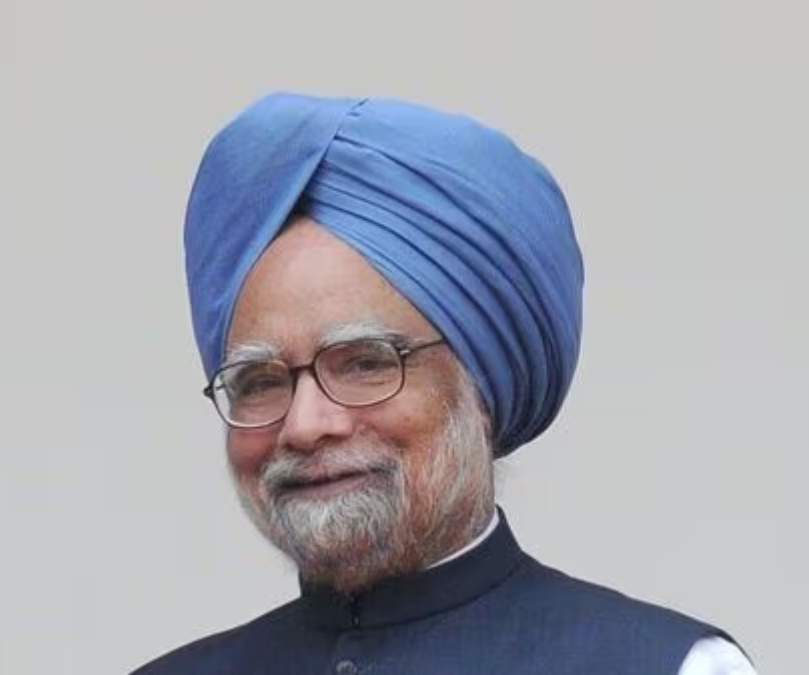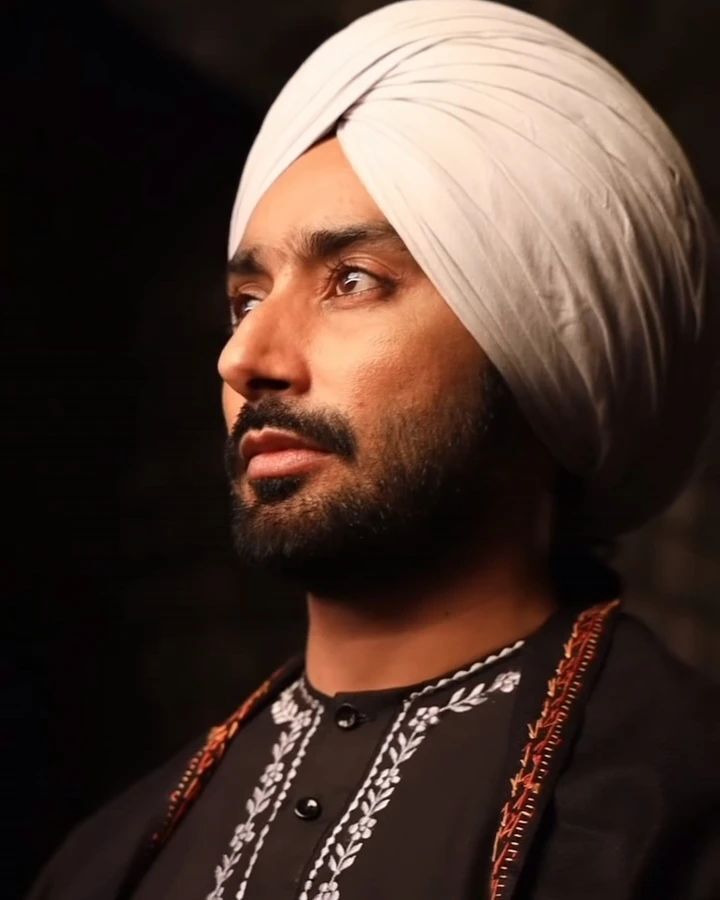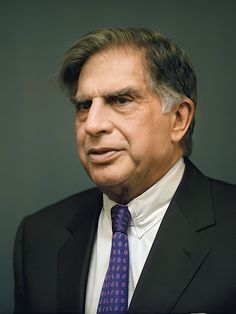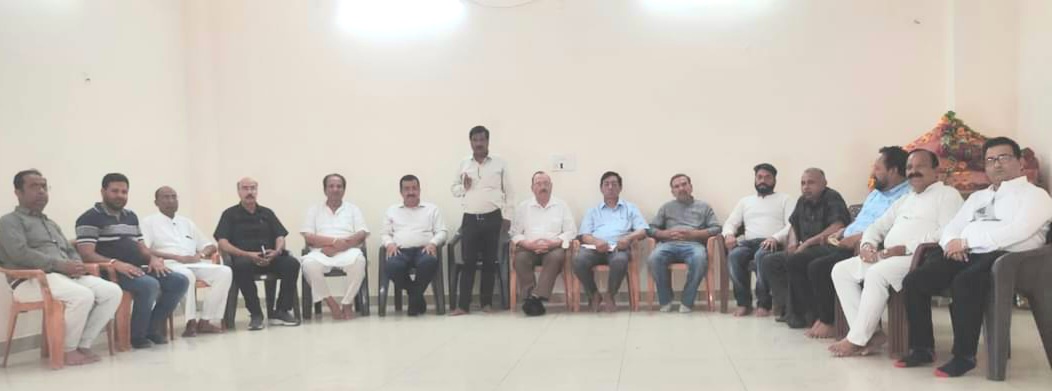
Dr. Manmohan Singh: The Architect of Modern India's Economic Revival
Dr. Manmohan Singh, one of the most distinguished and revered statesmen of India, passed away on 26th December, 2024. His demise marks the end of an era defined by impeccable integrity, unyielding dedication, and profound intellect. Known as the “father of India’s economic reforms,” he steered the nation through some of its most challenging times and left an indelible mark on its history. His journey from a humble village in Punjab to the office of the Prime Minister is an inspiring tale of resilience, brilliance, and service.
Dr. Manmohan Singh, one of the most distinguished and revered statesmen of India, passed away on 26th December, 2024. His demise marks the end of an era defined by impeccable integrity, unyielding dedication, and profound intellect. Known as the “father of India’s economic reforms,” he steered the nation through some of its most challenging times and left an indelible mark on its history. His journey from a humble village in Punjab to the office of the Prime Minister is an inspiring tale of resilience, brilliance, and service.
Born on September 26, 1932, in Gah, Punjab (now in Pakistan), Manmohan Singh’s early years were marked by modesty and determination. The partition of India in 1947 forced his family to migrate to India, an upheaval that left an indelible mark on his life. Despite these challenges, young Manmohan’s thirst for knowledge was unrelenting.
Excelling academically, he earned a degree in Economics from Panjab University, Chandigarh. Academic pursuits took him to Cambridge University, where he earned a First Class Honours degree in Economics. Later, he completed a DPhil in Economics from Oxford University, specializing in India’s trade policies. This formidable educational foundation laid the groundwork for an illustrious career.
Before entering the political arena, Singh built a stellar academic and professional reputation. Teaching economics at Panjab University, Delhi School of Economics, and Jawaharlal Nehru University, he shaped countless students with a profound understanding of economic theory and practice.
Expertise soon attracted national and international attention. He served in key positions, including Chief Economic Advisor, Secretary in the Finance Ministry, and Deputy Chairman of the Planning Commission. These roles enabled direct influence on India’s economic policies, even before formally entering politics.
Entry into politics was as accidental as it was transformative. In 1991, India faced an economic collapse. A severe balance of payments crisis loomed large, threatening to derail growth prospects. Recognizing the gravity of the situation, Prime Minister P. V. Narasimha Rao appointed Singh as Finance Minister.
What followed was a watershed moment in Indian history. Armed with academic rigor and practical insight, he unveiled a series of bold economic reforms that liberalized the Indian economy. Dismantling the infamous "License Raj," reducing import tariffs, devaluing the rupee, and encouraging foreign investments, these measures stabilized the economy and set India on a path of unprecedented growth. The 1991 reforms are widely regarded as the cornerstone of India’s economic resurgence, with Singh’s role celebrated globally.
In 2004, Manmohan Singh became the 14th Prime Minister of India, leading a coalition government under the United Progressive Alliance (UPA). His tenure, spanning a decade, witnessed significant achievements across various domains.
Under his leadership, GDP growth reached unprecedented levels, averaging around 8% annually during the early years of the tenure. Policies attracted record foreign direct investments and strengthened India’s global economic standing.
The government implemented transformative social programs like the Mahatma Gandhi National Rural Employment Guarantee Act (MGNREGA), the Right to Information Act, and the Right to Education Act. These initiatives aimed to uplift the underprivileged and empower citizens.
One of the most significant foreign policy achievements was the Indo-US Civil Nuclear Agreement. This landmark deal ended nuclear isolation and paved the way for integration into the global nuclear community, enhancing energy security.
Infrastructure prioritization led to the modernization of airports, expansion of national highways, and initiatives like the Golden Quadrilateral. Singh also played a key role in negotiating free trade agreements, particularly with ASEAN countries, boosting trade relations and global standing.
Despite towering achievements, challenges abounded. Leading a coalition, decisiveness was often constrained by political compulsions.
However, personal integrity remained unquestioned throughout turbulent times. A calm demeanor and refusal to engage in mudslinging showcased commitment to maintaining dignity in public life.
Manmohan Singh’s personality is a study in contrasts. Known for humility and simplicity, he shunned pomp and grandeur often associated with political power. A soft-spoken nature belied the steeliness of resolve and the sharpness of intellect.
An economist by training, Singh brought a data-driven approach to governance. The ability to understand and explain complex economic phenomena earned immense respect among peers and world leaders. Yet, deeply rooted in human values, welfare of the people always took precedence over personal or political gains.
His contributions to India’s development are immeasurable. His vision and policies not only averted economic crises but also laid the foundation for emergence as a global economic powerhouse. The IT and services sectors, now the pride of India, owe much of their success to the liberalization policies championed.
Focus on education, health, and infrastructure created opportunities for millions and reduced poverty significantly. By strengthening India’s position on the global stage, Singh brought dignity and respect to the nation.
An illustrious career has earned numerous accolades. These include the Padma Vibhushan in 1987, recognizing contributions to public service, and the Indira Gandhi Prize for Peace, Disarmament and Development in 2010 for efforts in promoting international peace and economic development. Recognized as the "World’s Best Finance Minister" by the World Bank in 1993, Singh steered India out of the 1991 crisis. Honorary doctorates from leading institutions such as Cambridge University, Oxford University, and the University of Bologna further highlight achievements. Additionally, the World Statesman Award in 2010 honored leadership in promoting secularism and democracy.
Manmohan Singh’s life is a testament to the power of education, perseverance, and ethical leadership. The journey from a small village to the pinnacle of political power underscores the importance of hard work and dedication. In an era marked by polarizing rhetoric, emphasis on dialogue, consensus, and quiet determination serves as a guiding light for aspiring leaders.
More than a statesman, Singh is a visionary who transformed India’s destiny. Legacy is etched not only in economic policies that revolutionized the nation but also in the hearts of millions who admire humility, intellect, and unwavering commitment to public service.
As we mourn his loss, we also celebrate his legacy—a legacy etched not only in the transformative economic policies that revolutionized the nation but also in the hearts of millions who admire his humility, intellect, and unwavering commitment to public service.
India continues to march forward on the path he helped pave, and his vision remains a guiding light for generations. May his life inspire us to dream big, remain grounded, and work tirelessly for the greater good. Dr. Manmohan Singh will forever be remembered as one of modern India’s greatest architects and a symbol of hope and progress.














